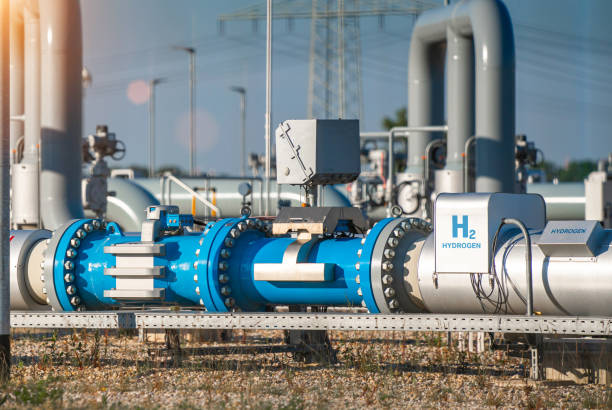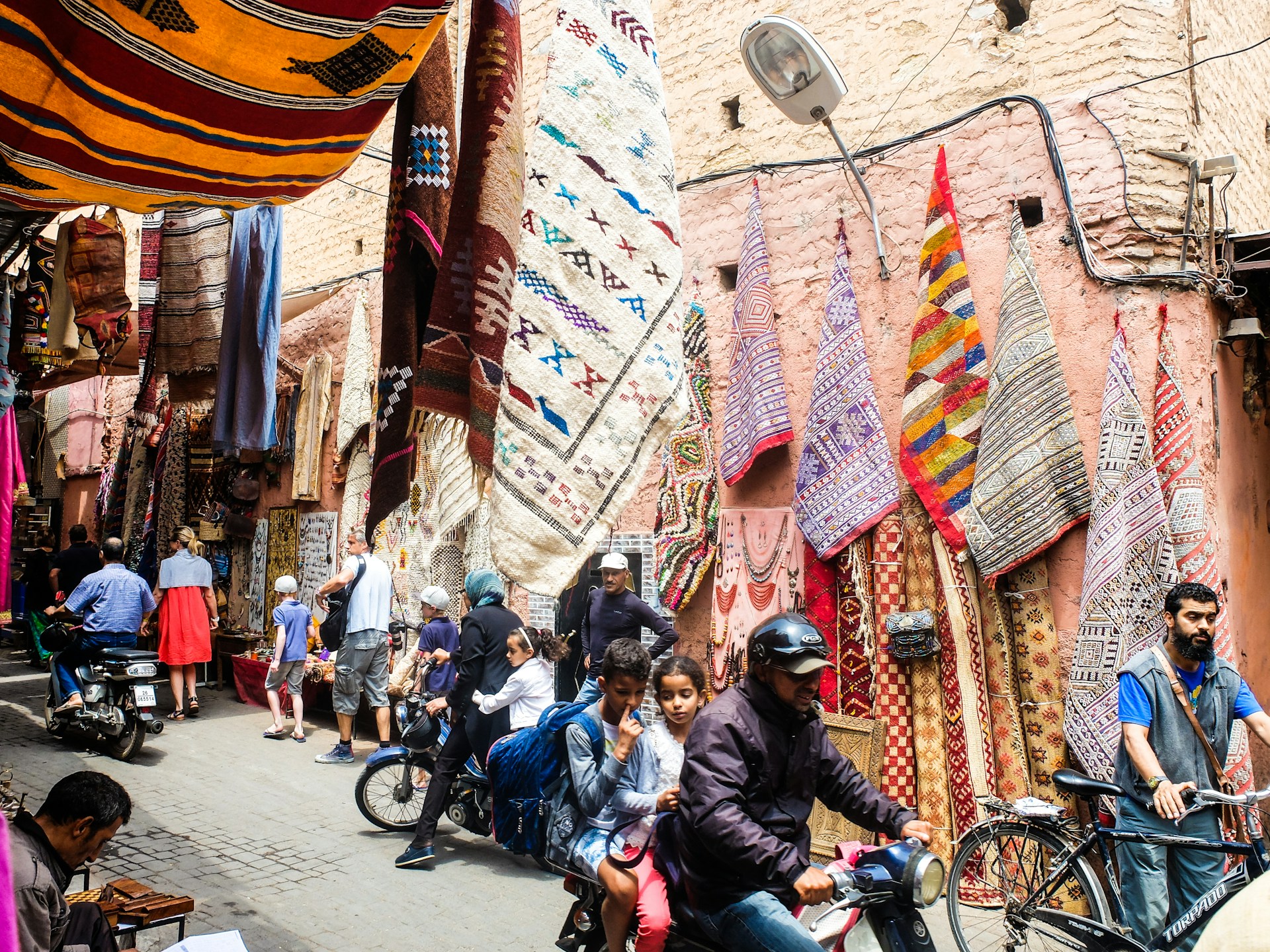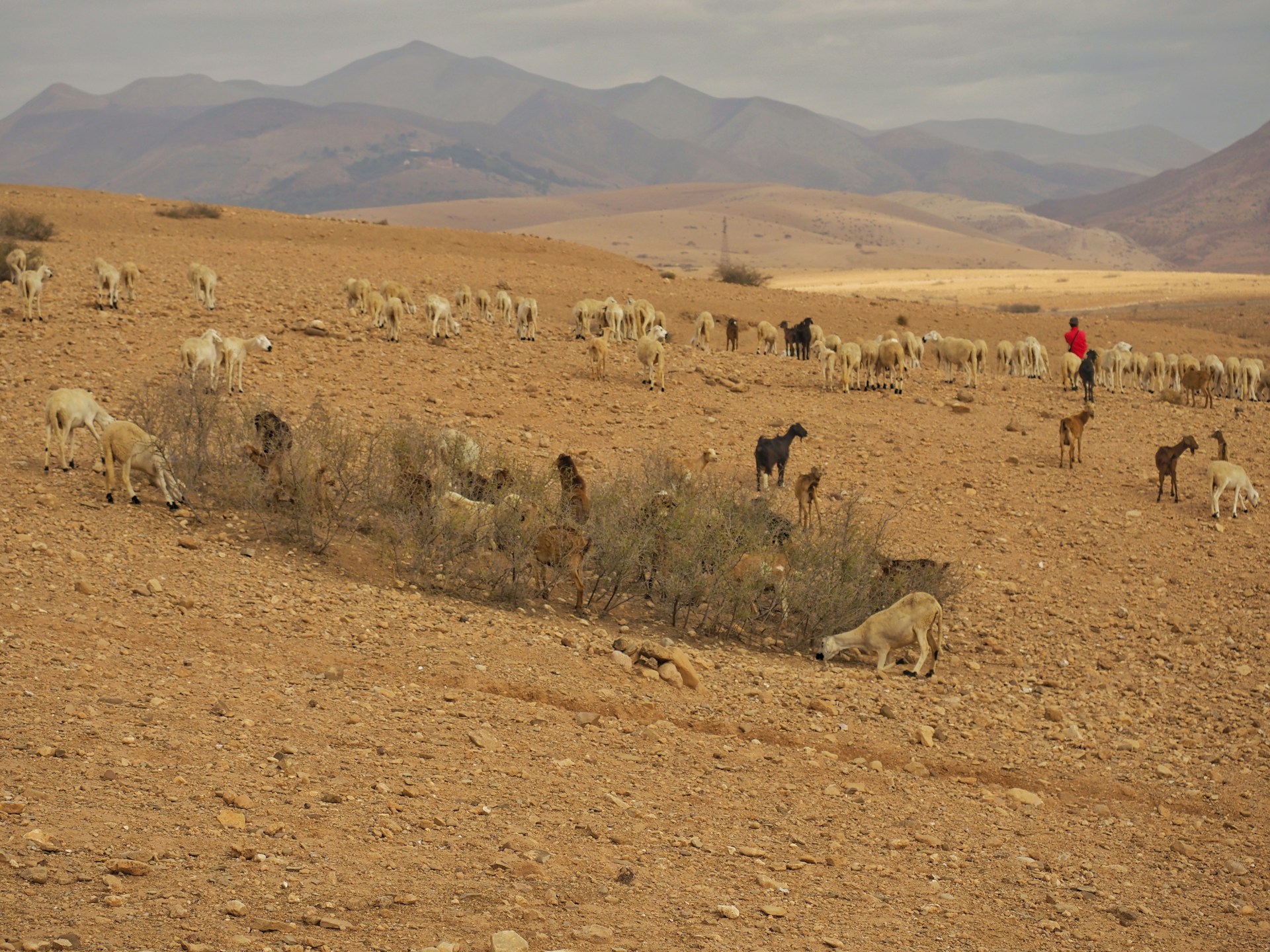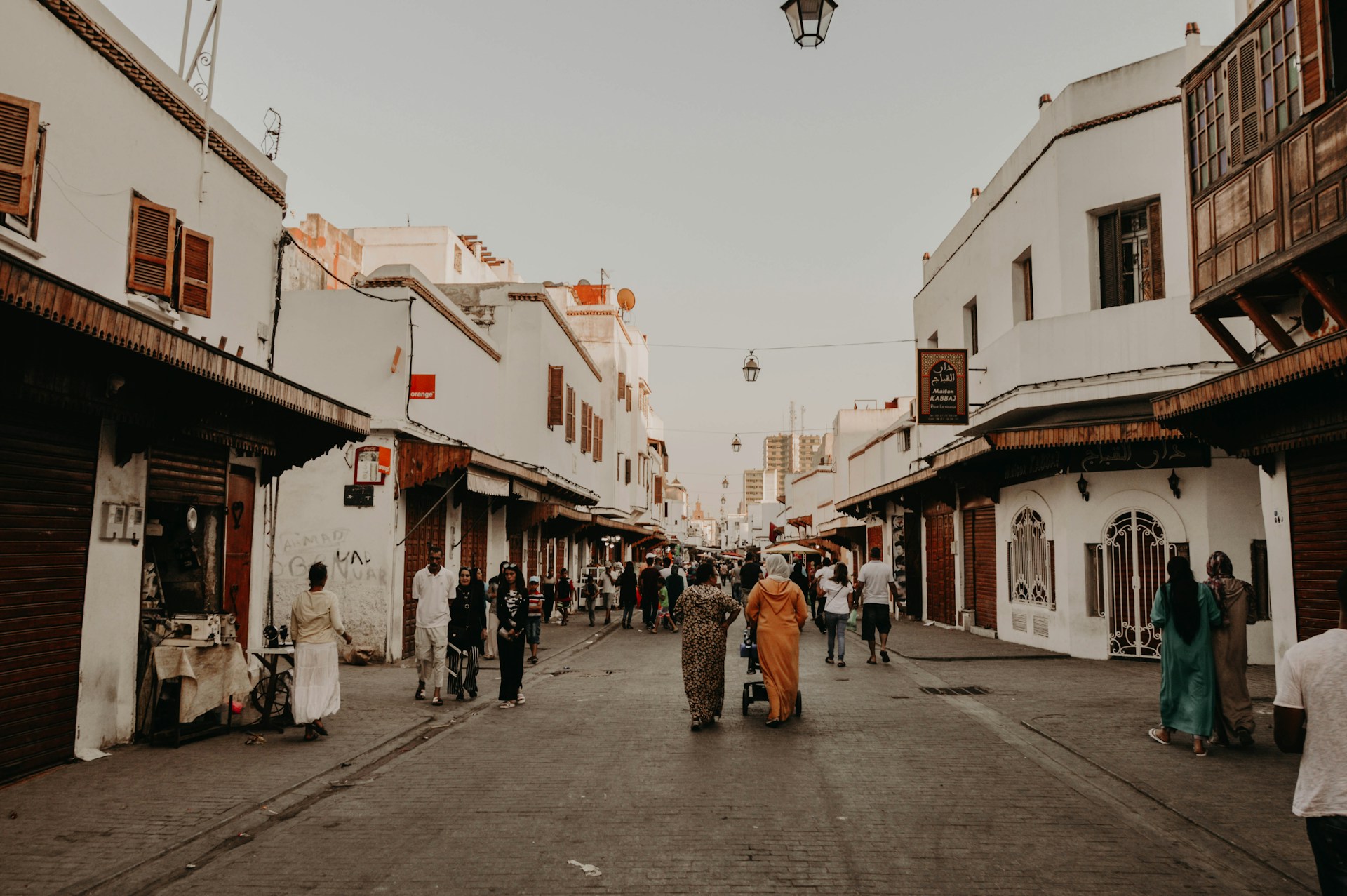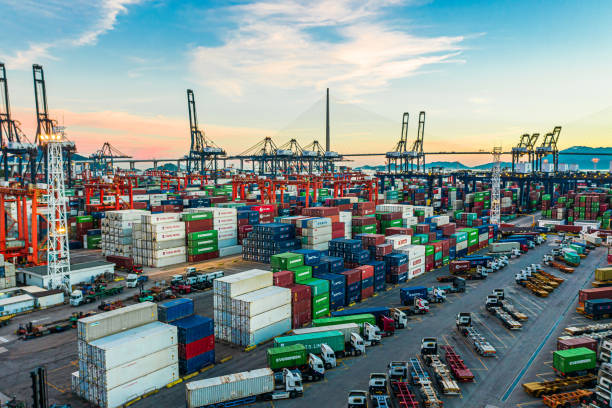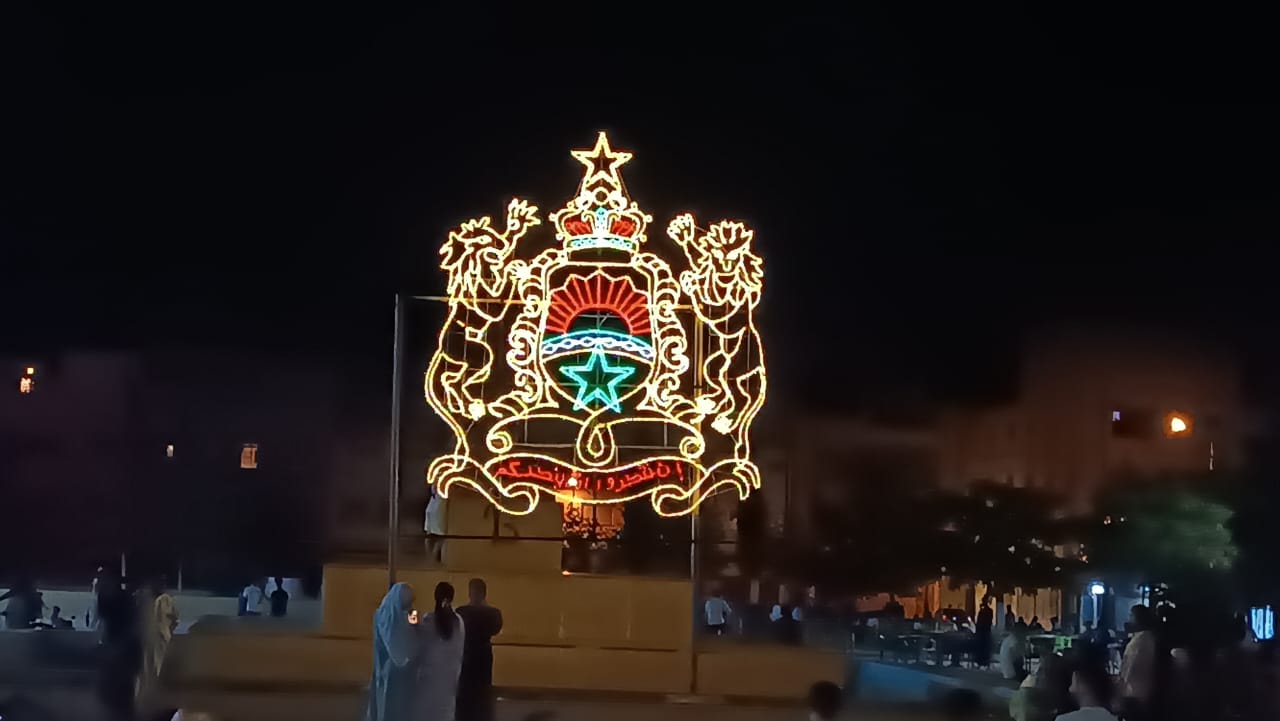Casablanca-In a bid to address carbon emissions and bolster its green energy agenda, Morocco, with backing from the World Bank, is delving into the feasibility of storing, supplying, and exporting green hydrogen and its derivatives in four key ports. The initiative, encompassing the ports of Mohammedia, Jorf Lasfar, Tangier Med, and Tan-Tan, seeks to evaluate the viability of utilizing carbon-free fuels, particularly green hydrogen, as an alternative energy source for ships, thus curbing carbon emissions.
Jointly announced by the Ministry of Equipment and Water and the Ministry of Transport and Logistics during a recent conference in Rabat, the initiative underscores Morocco’s commitment to harnessing renewable energy sources for sustainable development. Green fuel, generated through a process involving renewable electricity to produce hydrogen from water, presents a promising avenue to reduce carbon dioxide emissions and combat climate change.
The comprehensive study aims to assess the technical and economic prospects of utilizing green hydrogen in maritime operations, alongside identifying opportunities for domestic production and potential for export. Each port is slated to receive a tailored roadmap outlining investment projects, paving the way for internal and external funding avenues.
Minister Nizar Baraka highlighted the pivotal role of ports in driving decarbonization efforts in maritime transport, emphasizing the potential for reducing greenhouse gas emissions and optimizing vessel turnaround times. With Morocco boasting a vast coastline and a significant share of foreign trade reliant on its ports, success in greening the sector could bolster the nation’s global competitiveness.
Morocco’s aspirations to become a regional leader in green hydrogen production align with projections indicating substantial global demand for the fuel by 2030. Positioned favorably with abundant renewable energy resources, Morocco aims to capitalize on its potential to meet domestic energy needs while positioning itself as a key exporter to Europe and beyond.
As the country accelerates efforts to secure its energy future and reduce dependence on external sources, investments in renewable energies, including green hydrogen, are gaining momentum. King Mohammed VI’s directive to develop a comprehensive program for the green hydrogen sector underscores the nation’s commitment to achieving carbon neutrality by 2050.
According to Jesco Hentschel of the World Bank, decarbonizing maritime transport holds immense potential in curbing global emissions, with ships accounting for a significant share of greenhouse gas emissions. Green hydrogen emerges as a promising solution to decarbonize the sector gradually over the coming decades, paving the way for a more sustainable shipping industry.
In line with findings from Moroccan researchers, the production of green hydrogen offers cost-effective solutions, particularly in regions like Dakhla, where abundant renewable resources facilitate competitive pricing. The study underscores the pivotal role of electrolysis in energy transition, highlighting the transformative potential of green hydrogen in achieving zero-carbon emissions.






